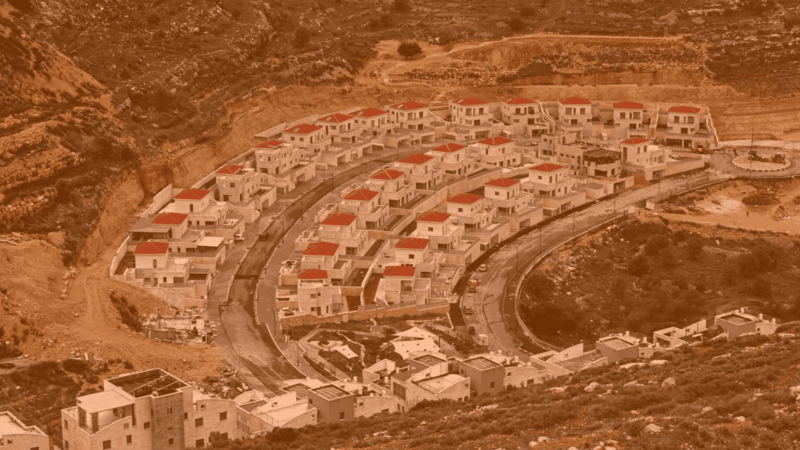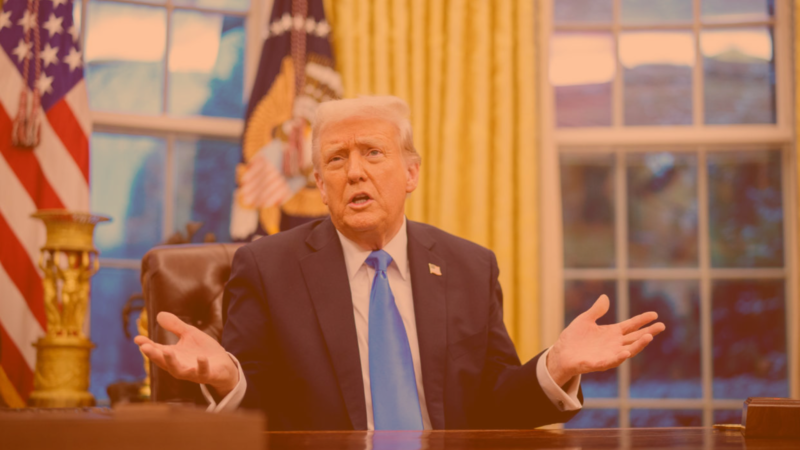Since we published our proposal to develop an ‘electoral wing’ for DiEM25 – a transnational electoral tool to help take our Progressive Agenda for Europe (PAE) to ballots across the EU – we have received a ton of feedback and questions from members and followers alike.
Below are answers to some of the most common ones.
[You can also watch Yanis’ recent Facebook Live video where he addressed many of these questions and more.]
- Is it really necessary for us to have an electoral expression?
Yes – we actually think it’s not even an option! The window for us to effect change is closing and we need to seize every opportunity available to us. This is especially important for our “European New Deal” economic agenda – our proposals to stabilise the Euro Zone and measures that can be implemented without treaty changes or new institutions.
So while our critique of party politics and the obsolete nature of current political formations remains valid, adding DiEM25’s proposals to the ballot should allow us to influence the system as well.
- Is it really so urgent?
Yes – this question has become even more pressing after the recent German election which killed off the last remaining hope for a federalist democratic push by Macron and Merkel. Time is running short. If DiEM25 is to make any impact on the 2019 pan-European (EP) elections; if DiEM25 really wants to act before Europe disintegrates (before 2025?); if we want to redress climate change or the dominance of xenophobia before it is too late, we must decide soon.
- Couldn’t we implement our policies by creating alliances with existing parties?
Creating alliances would be indeed much easier for us, but at the same time we don’t want to get trapped in the game of opportunistic alliances. We are open to creating alliances, but only if our allies fully embrace our policies (with possible adaptations to the peculiarities of the local situation, implementation timelines and technicalities, of course).
In fact, we are already working with like-minded political initiatives. For example, we are discussing the potential of an electoral partnership with two parties: Razem in Poland and The Alternative in Denmark. And we will continue to explore innovative forms of collaboration with political forces genuinely interested in pushing our Progressive Agenda.
But: many parties are deeply divided on what should be done with the euro, and the EU in broad terms. DiEM25’s principles are shared by segments within many different parties, but rarely by a party as a whole. Creating an alliance with these parties would often mean that we would have to leave some of our basic principles unproven outside the door. Doing this would reduce us all to yet another movement sacrificing its principles to gain electoral power – which we are not prepared to do!
- What other options do we have?
The European political landscape is vast and varied. We must be flexible and adaptable to take our agenda to the ballot box. So let’s be creative, but stick to our “not just another party” principle. Here are the options we are currently considering:
- We may choose to ask candidates to sign a charter committing them to DiEM25 policies (and hold them accountable to their word!)
- We may endorse candidates, parties or coalitions with a clear-cut political programme that is in line with our Progressive Agenda
- We may work for a progressive alliance whenever possible
- We may create a somewhat permanent partnership with a local party that would act as our ‘electoral wing’ in a given state, region or municipality (a movement that is setting out to attract parties, rather than the other way around, has a truly innovative twist to it, doesn’t it?)
- We may opt to launch a new party: a 100% DiEM25 political programme advanced by DiEMers in a certain locality, region, state…
or some option we haven’t yet imagined!
- You mean, we should create another political party?
Not exactly. DiEM25 should create an ‘electoral wing’ – a transnational political party that becomes part of DiEM25’s broader organisation.
As a first step, this would mean that DiEM25 seeks to register a political party, depending on national legislations, in various European (not just EU) countries. Where necessary to give these parties a more local identity, we may even agree on a name for country-specific DiEM25 party offshoots so they may be registered, crowd-sourced from the members, and after a pan-European internal DiEM25 vote that approves them.
This, of course, does not mean that DiEM25’s ‘electoral wing’ should contest elections in every country – in various countries. All options remain open. We may even choose not to participate in elections at all in certain places. We collectively decide if and how to participate at any given electoral contest.
And of course, DiEM25’s prime space of action remains the European at the transnational level, where all existing parties abysmally fail the test of relevance. (See point 11 below)
- Wouldn’t we risk losing our movement’s character?
It is becoming more and more clear that a movement without a party is impotent, and that a party without a movement can only repeat the failures of the past. We need both.
We won’t be able to achieve any of the things we wish to without an extra pair of strong hands (the electoral wing), implementing the ideas of the brain (the movement). Any potential DIEM25 parties shouldn’t replace the movement. A credible party should be backed by a passionately-run movement to which it is answerable.
Furthermore, DiEMers do not have to become members of the movement’s ‘electoral wing’ in any given country, whatever its form may be. Every DiEM25 member will continue to take part in shaping DiEM25 policies across Europe, and in specific countries, without necessarily joining electoral efforts if they do not wish to do so.
- Wouldn’t we risk losing our transnational character?
DiEM25’s ‘electoral wing’ could be the first transnational party with a genuine transnational decision-making structure and culture enshrined in pan-European campaigns and election manifestos for each country, and approved by all members across Europe. The electoral manifestos of each country-specific DiEM25 party could be proposed by its members based on a local adaptation of the general DiEM25 platform, but then these manifestos could be endorsed with a vote of all DiEM25 members across Europe.
If possible, DiEM25 will attempt to subvert nationality restrictions by fielding candidates from one country in elections in another country.
- How can we form and express an opinion about every single local issue?
Our members do not need to participate in every vote. But DiEM25 will always provide information regarding its positioning about the policies it takes to any given ballot.
- Are we politically ready? Is our agenda developed enough?
Yes, or better: we are ready to get ready! Our economic agenda, the European New Deal, is ready. We will speed up the preparation of the other policy papers (transparency, refugees and migration, labour, green investment, a European constitution and An Internet of People). Also, we will shortly establish thematic local groups (DSCs) to enrich our movement’s broader stance in areas like foreign relations, European defence, health care and education. This is yet another bottom-up move in our movement’s expansion and crowdsourcing of policy-making.
- Are we logistically ready? Do we have the necessary resources?
Well, we never asked that question back in February 2016 when we launched DiEM25. If we try to measure our capacity for success based on our current or potential future resources, then the answer will usually be: let’s go home and do nothing! In fact, the enormity of the challenges ahead and the issues we set out to tackle should be enough to discourage some. But we are doers. As Brian Eno so eloquently declared on the evening of DiEM25’s launch, “start cooking, the recipe will follow!“
- Which elections should we contest?
This question will always be decided by our members on a case-by-case basis. However, a great start would be for DiEM25 to aim for the 2019 European Parliament elections.
These elections offer us a chance to harness Europe’s only transnational democratic moment. While traditional parties remain visionless, trapped in the limits of national competition, DiEM25 can make the pan-European electoral process its platform for Europe’s first genuinely transnational campaign.
Obtaining some seats in the European Parliament would allow us to get the exposure and the legitimacy necessary to launch a radical process of change (a constituent assembly, for example) by 2025.
- And what if we, despite everything, choose not to go electoral?
Self-organising is hard and can be demoralising work, if there is no clear sign of focused impact and progress. The aim to bring our European New Deal policy framework to a ‘ballot box near you’ in the 2019 European elections, provides a marvellous focal point for sharing ideas, best practice, contrasting evidence, putting forward our hopes and fears, while testing our capacities for galvanising our efforts together – in short for transnational decision-making.
If we don’t manage to do this, DiEM25 could very quickly become just another group that meets up occasionally, has the occasional protest but doesn’t ultimately achieve anything of substance. We have much greater ambitions for DiEM25: to unleash its enormous potential, and change Europe!
Our electoral wing, if members greenlight it, would allow us to take our fight with the Establishment to the next level – a historic, first-of-its-kind pan-European political force that will return power to you. To the people. To us all.
Do you want to be informed of DiEM25's actions? Sign up here















